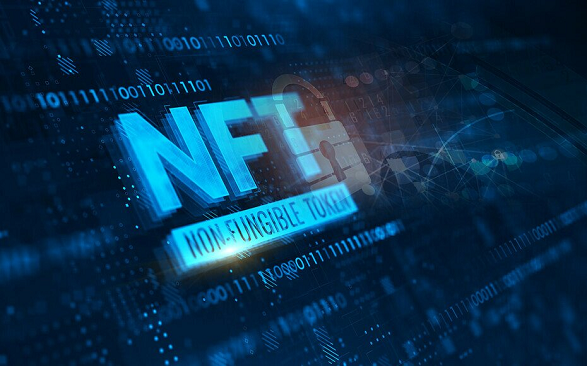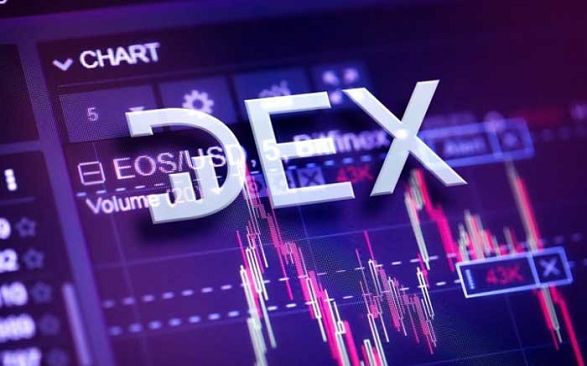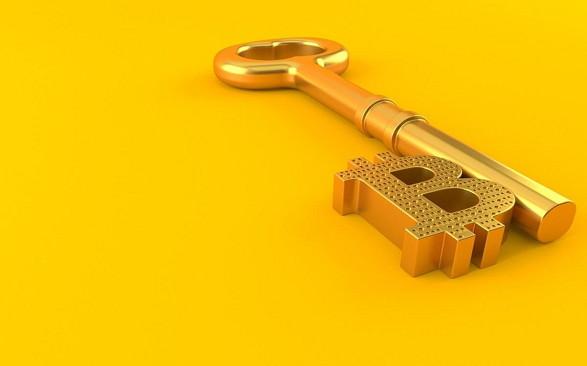With numerous non-fungible token (NFT) marketplaces flooding the crypto industry, it could be somewhat difficult or tasking for some NFT enthusiasts, especially newbies, to select which platform to use.
But whether you are a crypto OG or you are just starting in the space, the importance and benefits of utilizing only trusted and deep-seated NFT marketplaces remain the same. Of course, using untrusted, unestablished. and hit-or-miss NFT platforms could result in many lasting bad experiences including wallet hacks and loss of digital collectibles.
There are several factors to consider when choosing an NFT marketplace and that is what you will stand to gain from this article. Here, we carefully consider the general criteria used to evaluate NFT marketplaces. We also highlight the most important indices you should never ignore.
Understanding an NFT Marketplace
An NFT marketplace is any blockchain-based platform that allows users to mint, buy and sell various genres of non-fungible tokens (NFTs). These platforms also enable NFT lovers to create their unique collections.
These terms may appear complex especially if this is your first time encountering them. But not to worry, we will demystify them to the lowest level for you.
The term non-fungible token or NFT is used to describe unique digital items that live on a blockchain. In other words, NFTs are digital signatures or certificates that authenticate ownership of unique digital assets such as art, collectibles, music, videos, in-game assets, and virtual lands with blockchain technology.
Notably, NFTs can include any data the creator wants including the time of item creation, the creator’s information, the collector’s details, the price(s) it sold for, and when it was purchased.
Unlike conventional currencies and cryptocurrencies, each NFT is unique and can neither be replaced nor interchanged for one another.
Having understood what NFTs represent, what is an NFT collection? For context, a collection is a set of digital assets released by a creator or group of creators containing a limited number of individual NFTs.
While NFT minting refers to the process of publishing an NFT on a blockchain so it can be purchased or sold by collectors on supported NFT marketplaces.
Read also: What is Tokenomics and Why Does it Matter to Crypto Investors?
Factors to consider before using an NFT Marketplace
There are numerous conditions to put into consideration before opting for a particular NFT marketplace either for minting, listing, buying, or selling a digital asset. But here, we will bring to the limelight the top 5 factors you should always consider before connecting your wallet to that NFT platform.
Usability
This is one of the most important factors to consider when choosing an NFT marketplace. A good NFT marketplace should be simple to use, with clear instructions and straightforward processes for creating, minting, purchasing, and selling NFTs.
Also, the user interface should be appealing and easy to navigate. Users should be able to quickly find what they are looking for. Therefore, the complexity of an NFT marketplace could be a red flag for some creators and collectors.
Popularity
How well-known is that particular NFT marketplace you want to jump on? What is the adoption and activity level of the platform? As a newbie, these are some of the questions you should ask yourself before choosing a platform for your NFT-related activities. The fact that it has a low user base could also constitute a red flag.
The more established a marketplace, the more buyers and sellers it will have. This implies that your NFTs will have more potential buyers on a popular marketplace than on platforms with a low user base.
Popular marketplaces also have a wide range of NFTs or digital collectibles to select from. This makes it easier to find the right assets to buy as a collector.
Fees
Service fees, royalty fees, and community fees are the major taxes associated with NFT marketplaces. While service fees refer to the amount users pay for executing transactions on an NFT platform, royalty fees entail commissions earned by the original NFT creator on all secondary sales of their work on an NFT marketplace.
This means that every time NFTs are sold on the secondary marketplace, the creators collect a quota of the sell price. Whereas, community fees refer to the transaction fee a community marketplace charges on each transaction. Usually, these fees are sent to the community’s Decentralized Autonomous Organization (DAO) wallet or community treasury.
Notably, royalty fees and community fees are set by NFT creators and project owners respectively not by the marketplace. But service fees are fixed by the NFT marketplaces and it differs from one NFT marketplace to another.
The charges imposed by NFT marketplaces are also important to consider before patronage. As mentioned, fees can vary significantly between platforms and have a significant impact on the final price of your NFTs. As a result, it is critical to consider the fees charged by each NFT marketplace, NFT creators, and community owners while carefully assessing how they affect your overall profitability.
Security
Given the several hack incidents and failures of many crypto projects, you don’t need to be told to consider the security level of an NFT platform before using it. Without mincing words, this is by far the most important thing to consider.
To protect user data and prevent unauthorized access to accounts, NFT marketplaces must prioritize security by providing robust measures to ensure maximum user safety. This is especially important for high-value transactions, and users must have confidence that their transactions and digital assets are secure.
Therefore, any marketplace that does treat the safety of users’ digital assets and collections as a top priority should be avoided.
Read also: What are the Top 5 Blockchain Projects You Should Know?
Conclusion
The goal of every investor including those in the NFT niche is to make profits. As an NFT investor, utilizing reputable NFT marketplaces is one of the ways to record gains. If you have read to this point, there is a reasonable assurance that identifying a good marketplace for your NFT-related activities is now easy for you.
Read also: Introduction to Play-to-Earn Games
Credit: Ndianabasi Tom A crypto journalist and content writer who has been talking about cryptocurrency and blockchain technology since 2018, Ndianabasi is a Writer at Crypto Asset Buyer (CAB).
Discover more from Crypto Asset Buyer
Subscribe to get the latest posts sent to your email.





